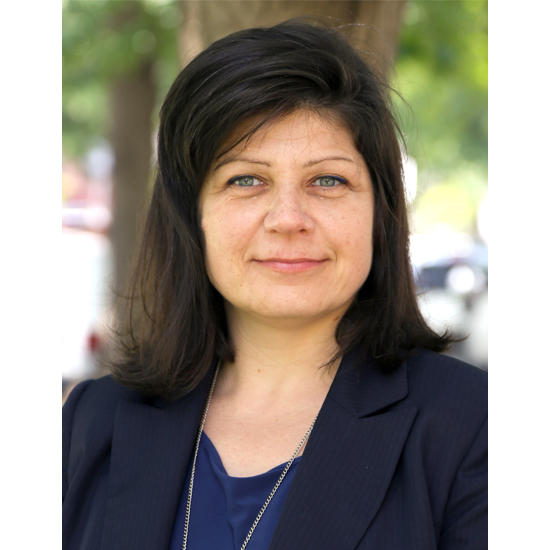
30 Mar HRH2030 Director’s Digest: April 2020
April 2020: Leaders on the Line
Dear Colleagues,
We are living through a pandemic of the likes we’ve never seen before, and the world is struggling to find a way forward that promises solutions. But with no immediate solutions in sight, those of us who are not health workers have to take refuge in public health best practices, including one that has been known worldwide for more than a century: basic hygiene—simply washing your hands—can protect your health and help save lives.
Health workers, as always, are the ones doing the hard work. They are the leaders on the frontlines now, and the global community is doing its best to rally around them to provide them with what they need. I think it’s fair to say that our efforts may feel inadequate—not for lack of trying, but due to the vast needs and the vast unknowns that we are dealing with. But every day brings us more knowledge to build on and more time for solid strategies and innovative ideas to take root.
When HRH2030 launched our Health Workforce Resilience Prize in February, it was to seek out new strategies and innovations that could be tested, scaled, or replicated to support health worker resiliency. Little did we know that the prize submission period would overlap with the immense challenges of COVID-19. Despite this, we’ve received entries from 21 countries! We’re extending the submission period to April 15 to provide those interested with two more weeks to share their ideas. Please apply!
In the meantime, two of our items in this newsletter highlight some of our latest work with the health workforce in Ethiopia: First, we’ve published a technical report on the dividends being paid by the country’s Health Extension Program (HEP). While the health benefits of investing in community healthcare are increasingly known, there has been little analysis in terms of inclusive economic growth. Traditional ROI studies only show monetary returns from capital investments and their contributions to health service cost savings. To fill this gap, HRH2030 conducted a study of the health, social, employment, and equity returns associated with increased health service utilization from the HEP. And our results show that while this government program is producing substantial economic benefits, it’s also yielding important results on maternal and child health. Learn more. Second, we spent two weeks talking with family planning service providers in Ethiopia about gender considerations when counseling clients. How can we help to ensure that counselors offer quality, gender-sensitive services that improve both gender equality and reproductive health outcomes? Here’s what we heard from those on the front lines.
In this issue, we also share knowledge gained from our work in Colombia, where we are working to strengthen organizational capacity development with our local partner, the Colombian Family Welfare Institute; this recent webinar with CARE showcased how we are using USAID’s Collaborating, Learning, and Adapting approach to better support Colombia’s social service workforce. In observance of World TB Day, we’re sharing a recently published story from our work in the Philippines, highlighting a TB patient’s journey to health. And we’ve got a great new resource for those of you working in HRH for HIV service delivery: a new technical brief on HIV epidemic control and the use of National Health Workforce Accounts.
Stay safe and healthy. And if you can, thank a health worker today. World Health Worker Week begins on April 5, and you can join our video testimonial campaign with Frontline Health Workers Coalition to promote these leaders on the line! On behalf of the entire HRH2030 team, we are so grateful to the world’s health workers—today and every day.
Best,
Wanda Jaskiewicz
Project Director, HRH2030






